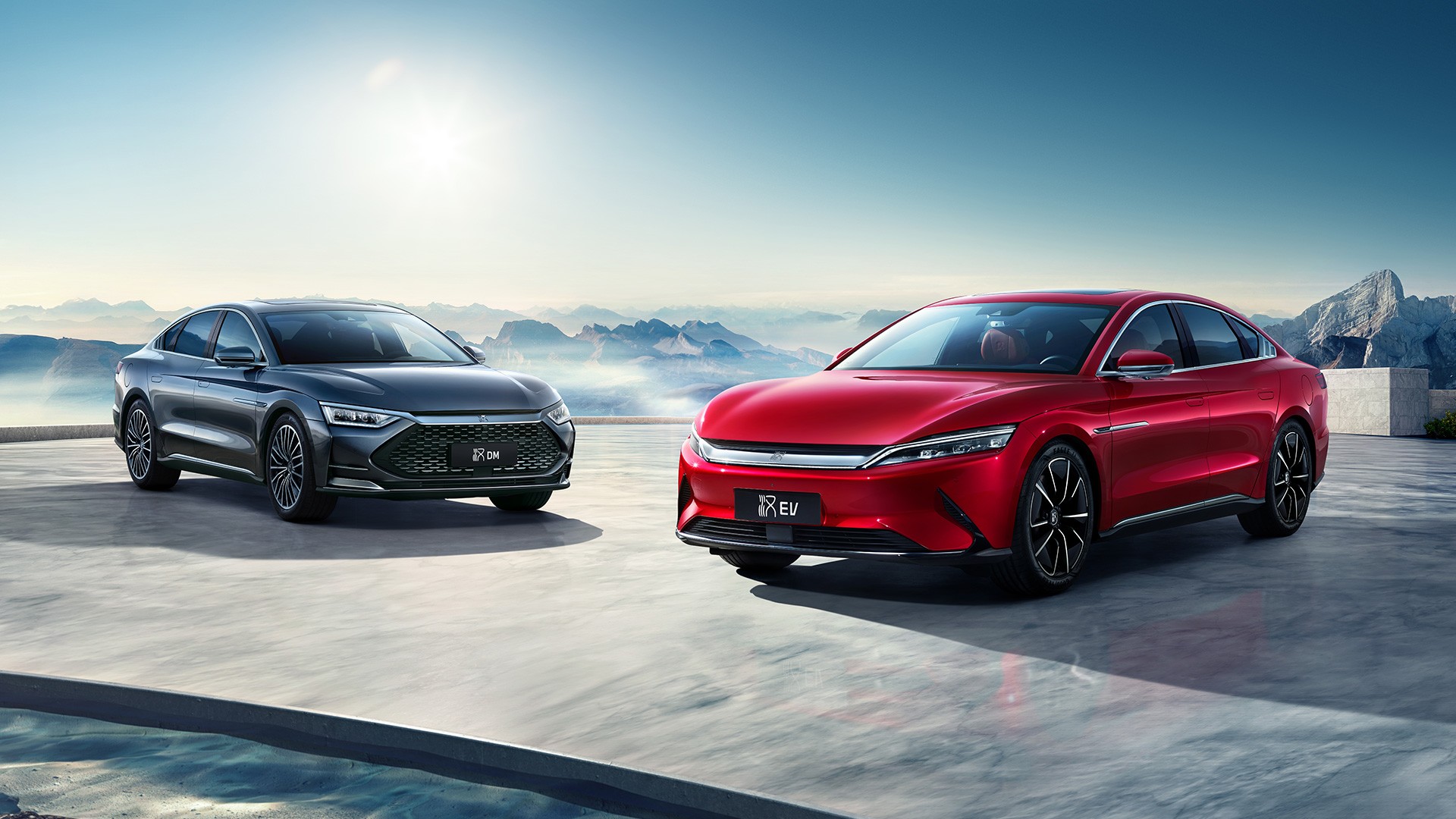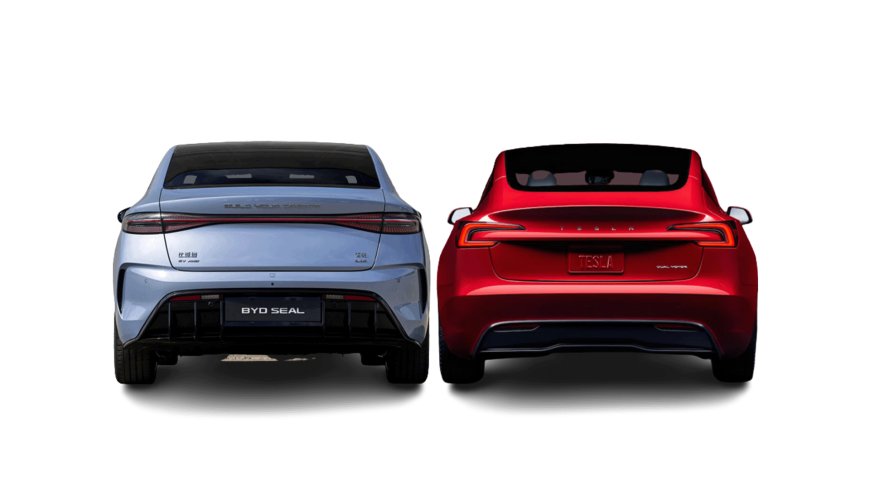Introduction
The Tesla Model 3 and BYD Han are two of the most talked-about electric vehicles on the market today. Both cars offer impressive performance, cutting-edge technology, and a commitment to sustainability. But which one truly stands out as the "Electric King"? In this comprehensive comparison, we will explore various aspects of these two vehicles, including performance, range, charging capabilities, interior features, and price, to help you decide which car is the better choice for your needs.
Performance
When it comes to performance, both the Tesla Model 3 and BYD Han offer impressive specifications. The Model 3 is available in several variants, including the Standard Range Plus, Long Range, and Performance models. The Performance model can accelerate from 0 to 60 mph in just 3.1 seconds, making it one of the fastest electric sedans on the market.
The BYD Han, on the other hand, is available in both all-electric and hybrid versions. The all-electric version can accelerate from 0 to 60 mph in 3.9 seconds, which is slightly slower than the Model 3 Performance but still impressive. The hybrid version offers even more power, with a combined output of 494 horsepower.
|
Model
|
0-60 mph (seconds)
|
Top Speed (mph)
|
Horsepower
|
|
Tesla Model 3
|
162
|
450
|
|
|
BYD Han Electric
|
3.9
|
155
|
494
|
|
BYD Han Hybrid
|
2.9
|
155
|
494
|
Source: Tesla and BYD official websites

Range and Charging
Range anxiety is a common concern for EV owners, and both Tesla and BYD have made significant strides in addressing this issue. The Tesla Model 3 Long Range model offers an impressive EPA-estimated range of 358 miles on a single charge. The Standard Range Plus model has a range of 263 miles, while the Performance model offers 315 miles.
The BYD Han electric version offers a range of 376 miles (NEDC), which is slightly higher than the Model 3 Long Range. However, it's important to note that the NEDC testing cycle tends to be more lenient than the EPA cycle, so real-world range may be lower.
Charging infrastructure is another critical factor. Tesla's Supercharger network is extensive and continues to grow, making long-distance travel more convenient. BYD's charging network is not as extensive, but it is expanding, particularly in China.
Interior and Technology
Both the Tesla Model 3 and BYD Han boast luxurious interiors and advanced technology. The Model 3 features a minimalist design with a 15-inch touchscreen that controls almost all vehicle functions. The interior is spacious, with premium materials and a panoramic glass roof.
The BYD Han offers a more traditional luxury sedan interior with high-quality materials, a 12.3-inch digital instrument cluster, and a 15.6-inch rotating touchscreen. The Han also features a unique "Dragon Face" design language, which gives it a distinctive look.

Safety
Safety is a top priority for both Tesla and BYD. The Tesla Model 3 has received a five-star safety rating from the NHTSA and performed exceptionally well in IIHS crash tests. It also includes advanced safety features such as Autopilot, which provides semi-autonomous driving capabilities.
The BYD Han has also been designed with safety in mind, featuring a robust suite of safety features, including adaptive cruise control, lane-keeping assist, and automatic emergency braking. It has received high safety ratings in China, but it has not been tested by the NHTSA or IIHS.
Price and Value
Price is always a significant consideration when choosing a vehicle. The Tesla Model 3 starts at around $39,990 for the Standard Range Plus model, while the Long Range model is priced at $49,990, and the Performance model costs $56,990.
The BYD Han electric version starts at around $45,000, making it slightly more expensive than the entry-level Model 3 but more affordable than the Long Range and Performance models. The hybrid version is even more expensive, starting at around $55,000.
Final Comparison
Both the Tesla Model 3 and BYD Han have their strengths and weaknesses. The Model 3 offers a more extensive charging network, a minimalist yet luxurious interior, and advanced semi-autonomous driving features. The BYD Han, on the other hand, provides a slightly longer range, a more traditional luxury sedan interior, and a unique design.
Ultimately, the choice between the Tesla Model 3 and BYD Han will depend on your priorities. If you value an extensive charging network and cutting-edge technology, the Tesla Model 3 may be the better choice. If you prefer a slightly longer range and a more traditional luxury sedan experience, the BYD Han could be the way to go.
